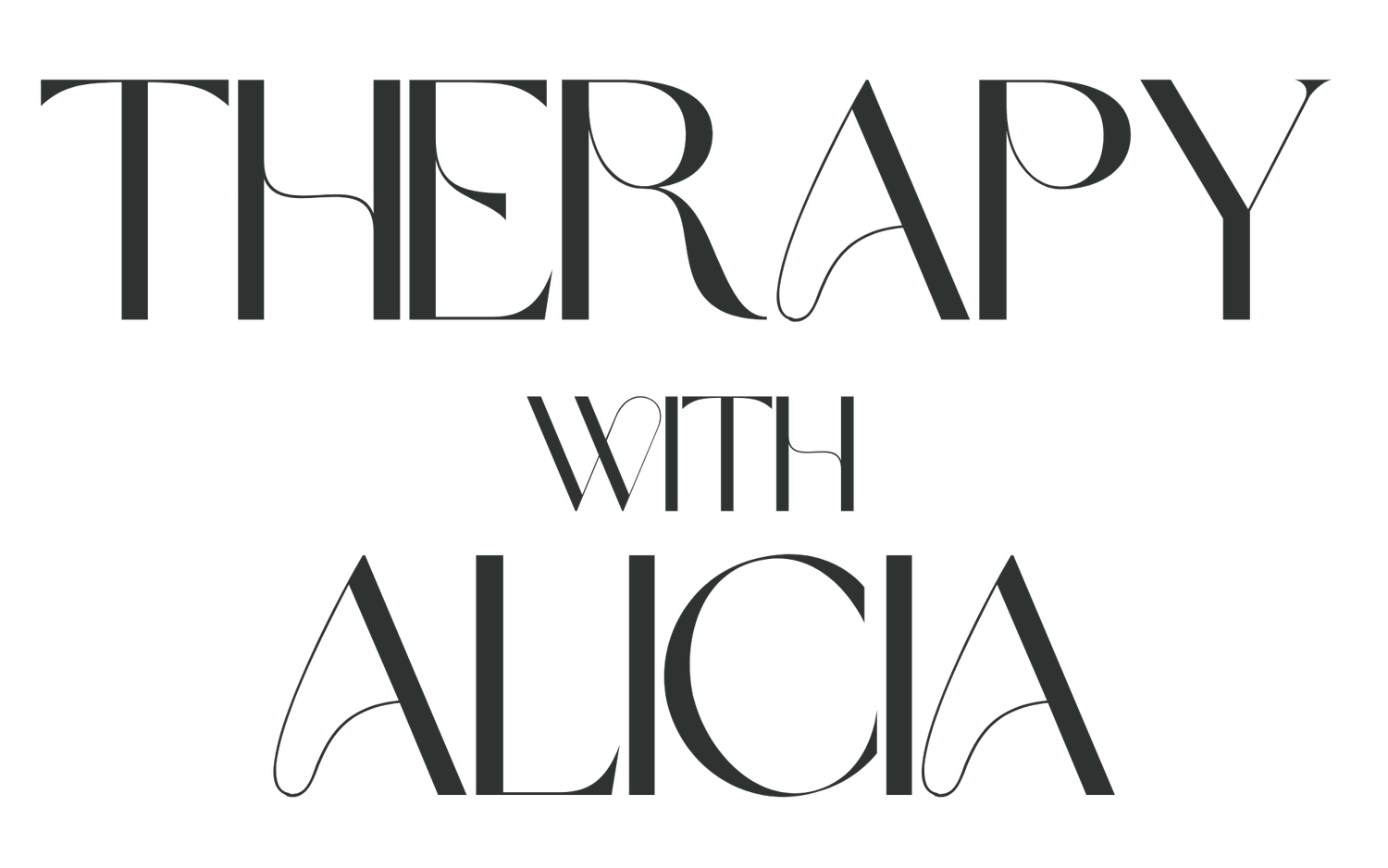Why Self-Trust Is Harder Than Self-Love (and How to Rebuild It)
In 2025, we’ve mastered self-care and self-love — but what about self-trust?
Trusting yourself is just as important, sometimes I’d argue more important than self-care or self-love, because if you don’t trust yourself how will you know what you need (self-care) or be able to recognize all of your unique qualities (self-love)?
I get it, though, why trusting yourself can be the more difficult of the three to implement — many of us have learned to measure our worth by how well we perform, please, or adapt.
The Cost of Distrusting Yourself
When you don’t trust yourself, you spend a lot of time second-guessing: Who will I disappoint? What will I miss out on? Are my feelings valid? This constant questioning drains your energy — you’re making decisions based on what you think others want, not what’s best for you. Over time, that quiet fatigue blurs your sense of who you are.
There are so many reasons you might have learned to second-guess yourself — a parent who dismissed your feelings, peers who pressured you to fit in, or being punished for following your instincts. In those moments, we learned that safety meant compliance. We learned to doubt ourselves to preserve connection — and that’s where people-pleasing often begins.
The IFS Lens
In therapy, I’ve found IFS to be powerful for rebuilding self-trust because it helps us identify and relate to our many inner parts. It might seem counterintuitive, but self-trust begins when we listen to every part of ourselves — even the perfectionist or people-pleaser. When we can befriend these parts, we begin to access Self — the grounded, compassionate center within us that knows what’s true.
Practices for Rebuilding Self-Trust
Self-trust isn’t built overnight — it grows through consistent, small moments of awareness. Here are a few practices to help you reconnect with your Self:
• When you notice yourself about to please or perform, pause. Which part is speaking?
• Journal or check in with your body — what sensations arise when a certain part takes over?
• Ask yourself: ‘What feels right for me right now?’ or ‘If I didn’t have to please anyone, what would I choose?’
Over time, these small moments become acts of remembering — that your inner voice is trustworthy, and you can rely on it again.
Learning to trust yourself is the missing piece of self-care. In therapy, this is a central part of my work with clients —therapy is a space where you can reconnect and rebuild self-trust.
